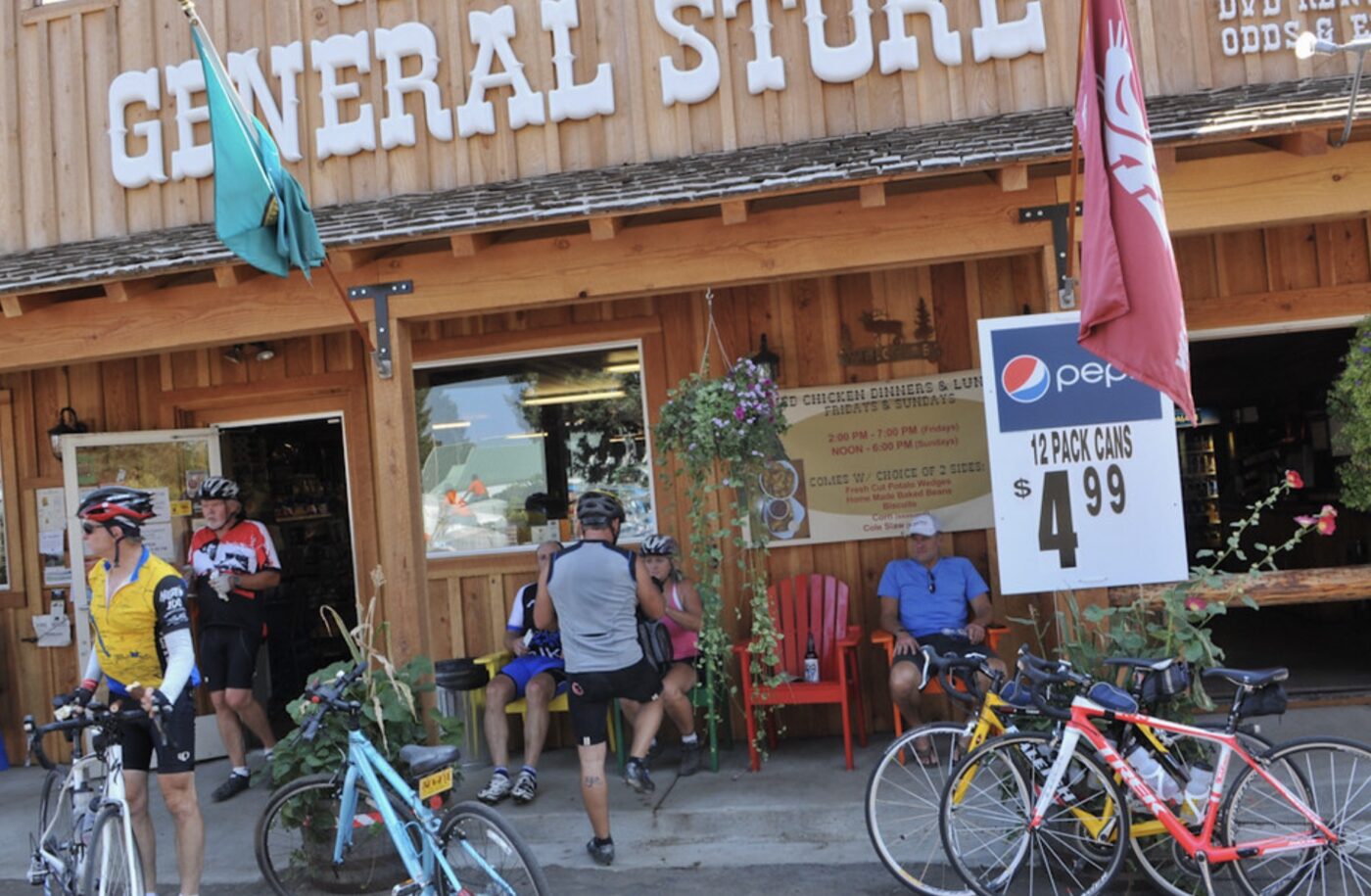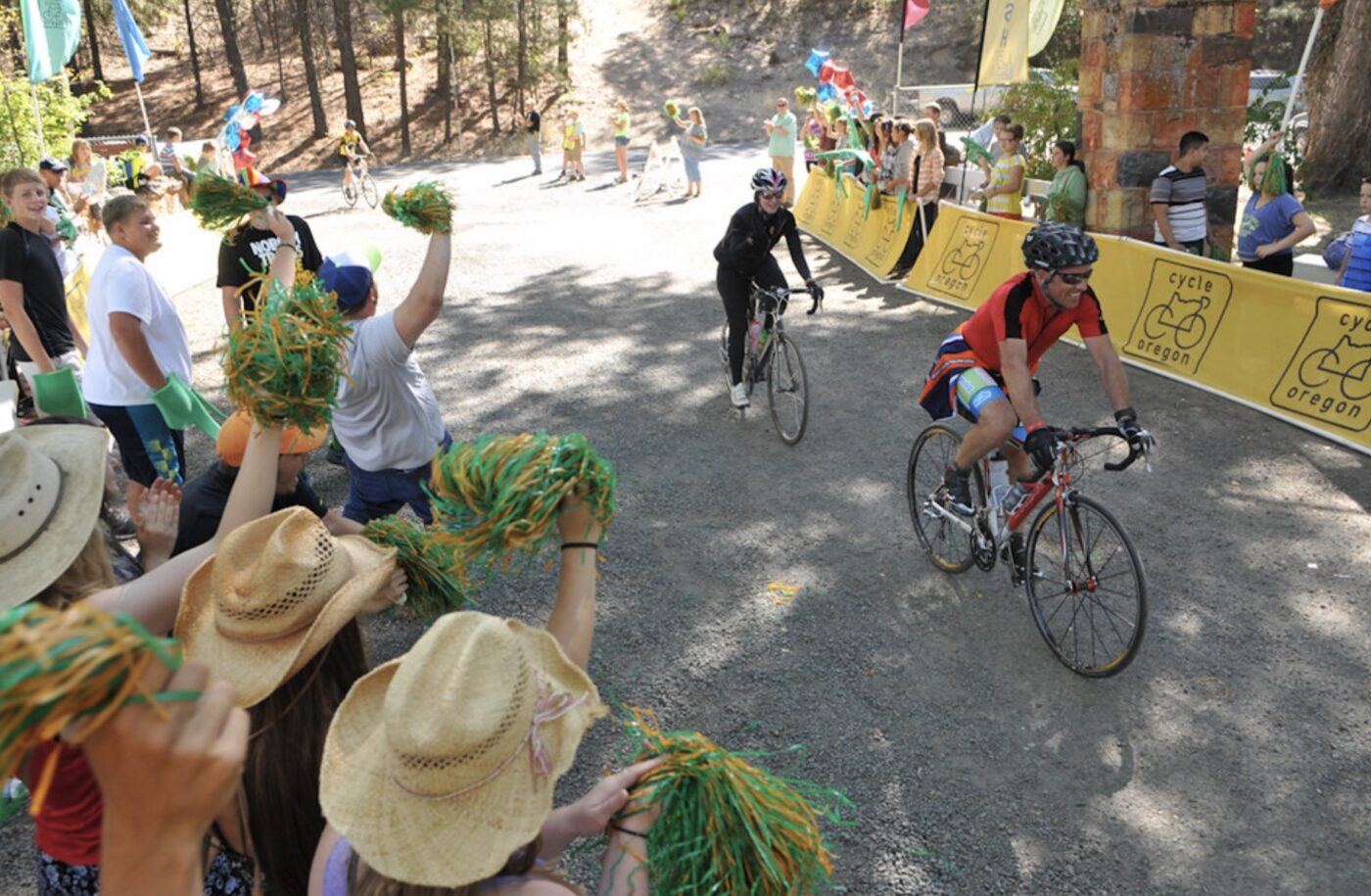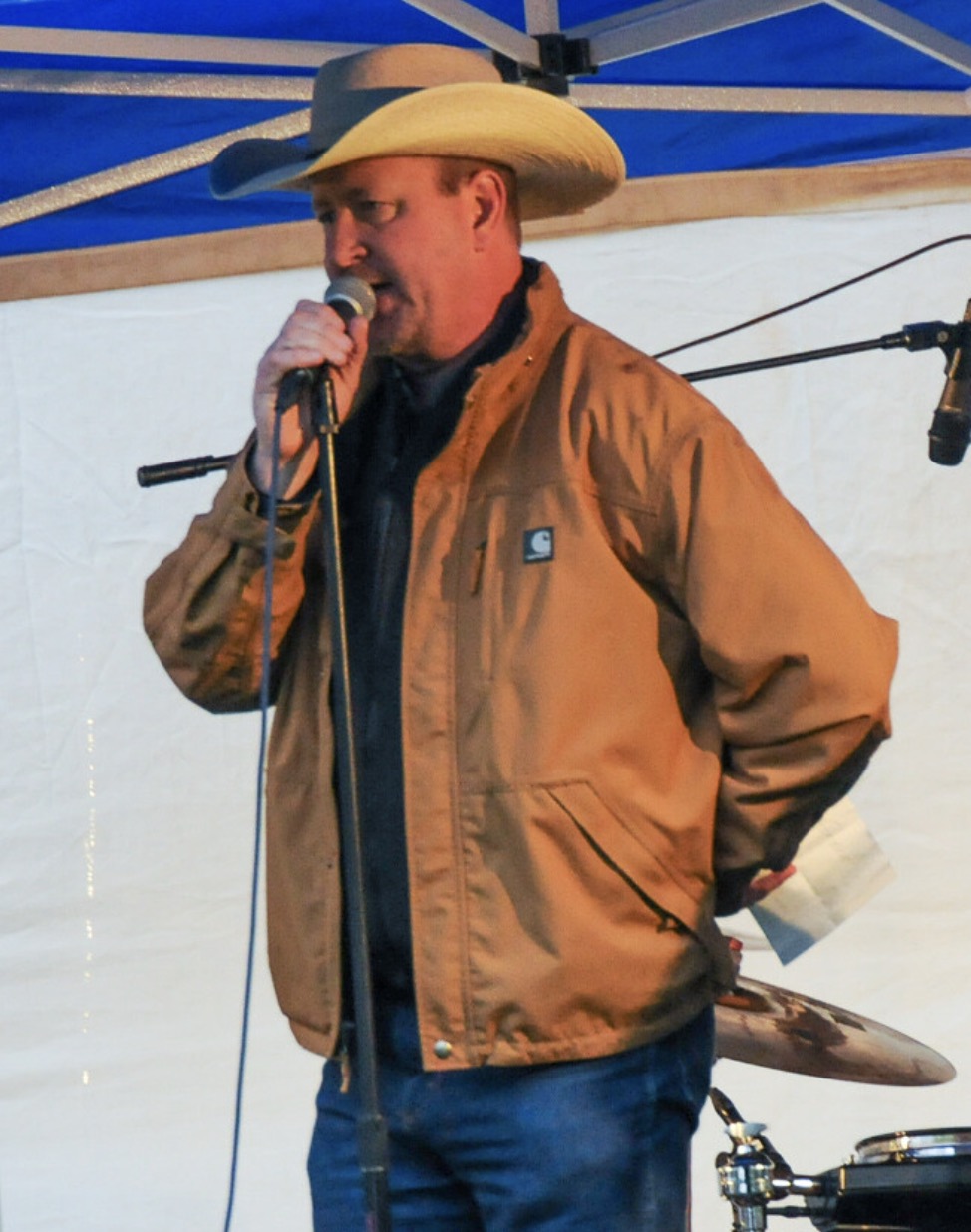

“It’s an emotional time letting the Classic go, but I think it’s the right thing to do.”
– Steve Schulz, Cycle Oregon
The ride that started almost by accident in 1988 and turned into one of the best organized bike rides in America, will take its final bow later this summer. Cycle Oregon announced today that this year will be the final time they set off on a seven-day “Classic” ride.
Changing rider preferences, rising costs, and difficulty finding vendors and volunteers, were all named as reasons to pull the plug. Without their main event on the marquee, Cycle Oregon says they’ll be more able to focus on smaller offerings and programs.
The weeklong Classic was the brainchild of a southern Oregon innkeeper who hoped a group bike ride would boost his business. The inaugural ride from Salem to Brookings was an instant success and became a cherished annual tradition that treated the rural towns riders pedaled through as more than just scenery. Cycle Oregon has forged innumerable ties between urban and rural Oregonians and their fund has raised millions for small towns across the state.
But this massive, traveling cycling city is a bear to put on. During it’s heyday, there would be over 2,000 riders plus 500 or so volunteers, vendors, staff, and supporters along for the ride. The event would stop in a different town each night and leave its mark with live music backed by a professional sound stage, a vast tent city, a full catering operation, beer garden, warm showers in the middle of nowhere, a pop-up retail bike shop, yoga classes, and more. In many instances, the Cycle Oregon basecamp would be much larger than the town it was situated in.
After the 33rd and final Classic rolls out this coming September, the organization that puts it on will continue to focus on its advocacy programs and other — smaller and shorter — rides and events.
“The Classic has just presented some challenges and I think we can better serve our community by doing a myriad of smaller events,” Cycle Oregon Executive Director Steve Schulz shared in an interview on Friday.
Schulz added that while the popularity of the Classic had ebbed even before the pandemic, the lingering impact of Covid on rural communities played a big role on the decision. “A lot of the service providers that used to do this king of work aren’t in business anymore. And those that are, the prices are super expensive and keep escalating, which starts to put it to a point where we’re going to price out people.”
“I don’t want to alienate ridership in order to accommodate the costs I have to pay for showers and sanitation and that kind of stuff.” After taking a two-year hiatus for Covid in 2020 and 2021, Schulz said they were forced to bring about 90% of their service providers (for things like showers, sanitation, medical) in-house just to pull off the event.
Schulz also said that many of the social groups in small communities Cycle Oregon relies on for volunteers either weakened or flared out due to Covid. “The number of people required to do a large, seven-day event is astronomical. We want to impact the communities in a positive way and not put stressors on the communities to help us put on something that’s so big.”
An increasingly severe wildfire season has also added to the complexity and risk of putting on the weeklong event. In 2015 a fire forced Cycle Oregon to reroute mid-event and in 2017 a fire led to the first-ever cancellation of the ride.
Cycle Oregon has also seen a huge swing in interest away from all-paved road riding toward gravel and mixed-surface routes. What began as a handful of people opting for a gravel route option in 2018 (the first time an unpaved route was offered), has turned into a standalone, multi-day Gravel Ride with over 500 people (and several dozen on the waiting list).
You can expect more, smaller events like Gravel in the years to come. And with a portfolio that now includes the Oregon Scenic Bikeway program and a rural version of Safe Routes to School, Cycle Oregon isn’t going anywhere.
“We’re still here, just evolving,” Schulz said. “It’s a heartfelt and emotional time as far as letting the Classic go, but I think it’s the right thing to do. And we’re excited to see what’s next.”
And if you’ve never done the Classic and/or want to make sure you are on the last one, the early registration pricing has been extended to June 13th. Learn more at CycleOregon.com.



